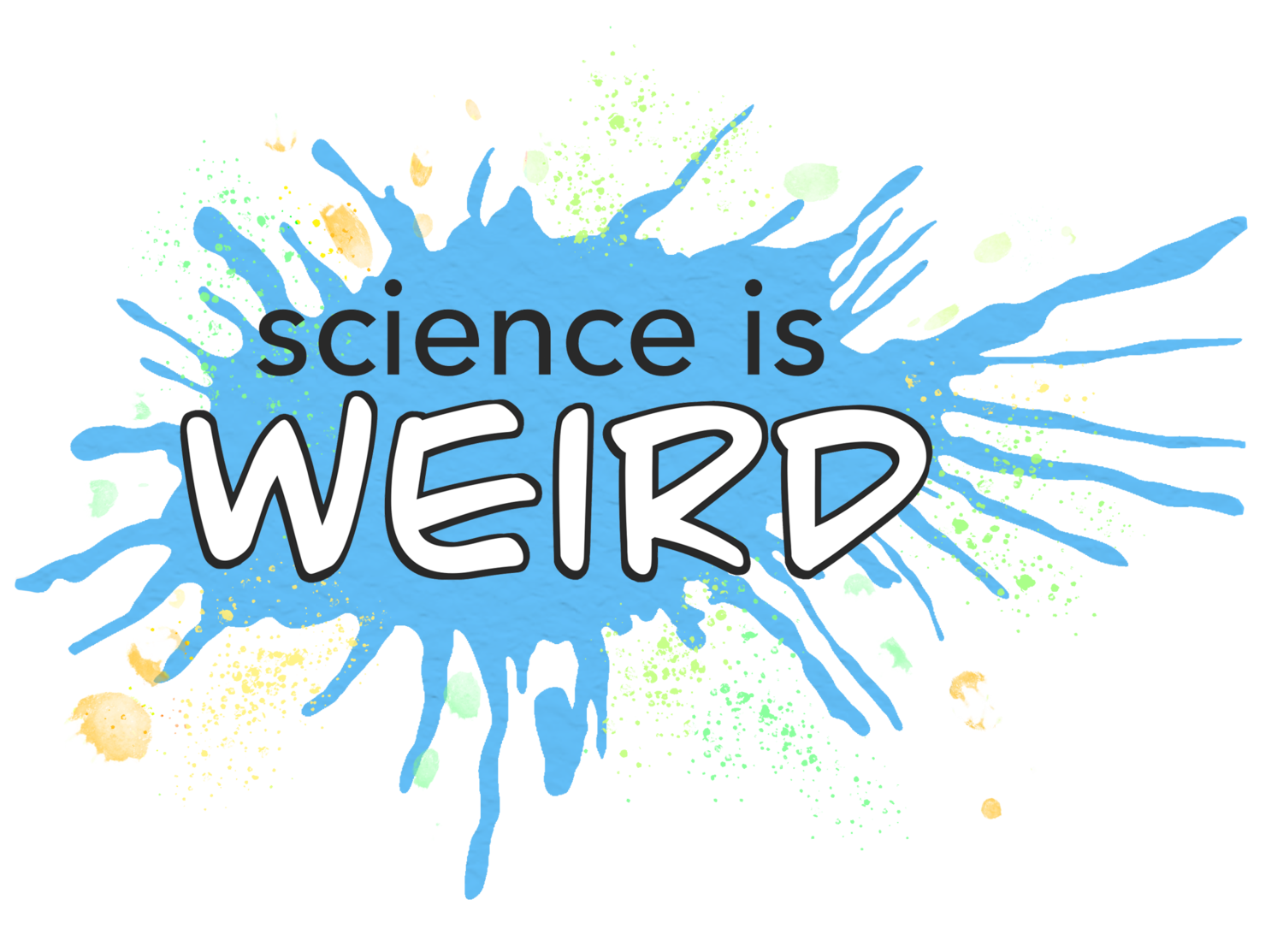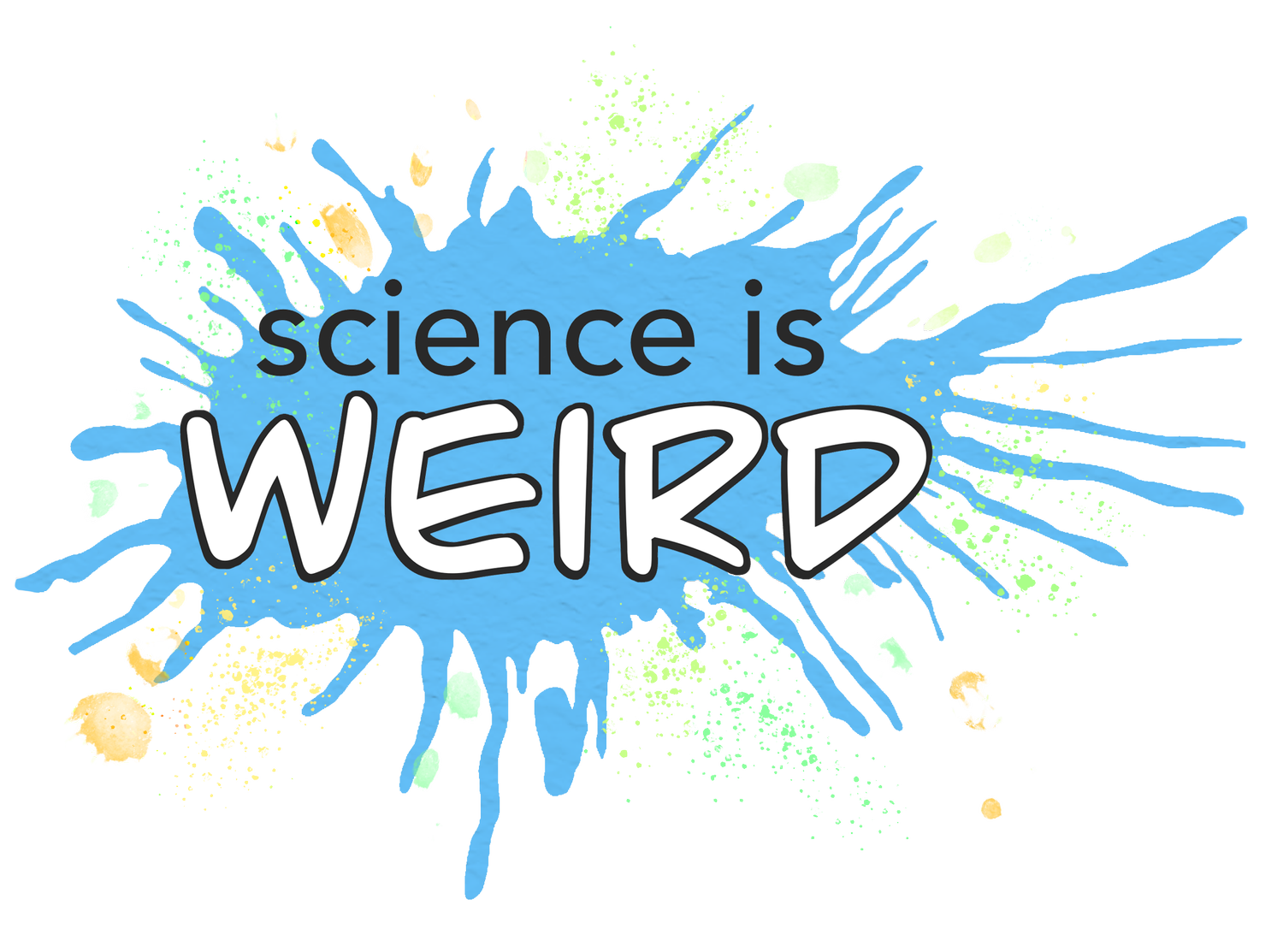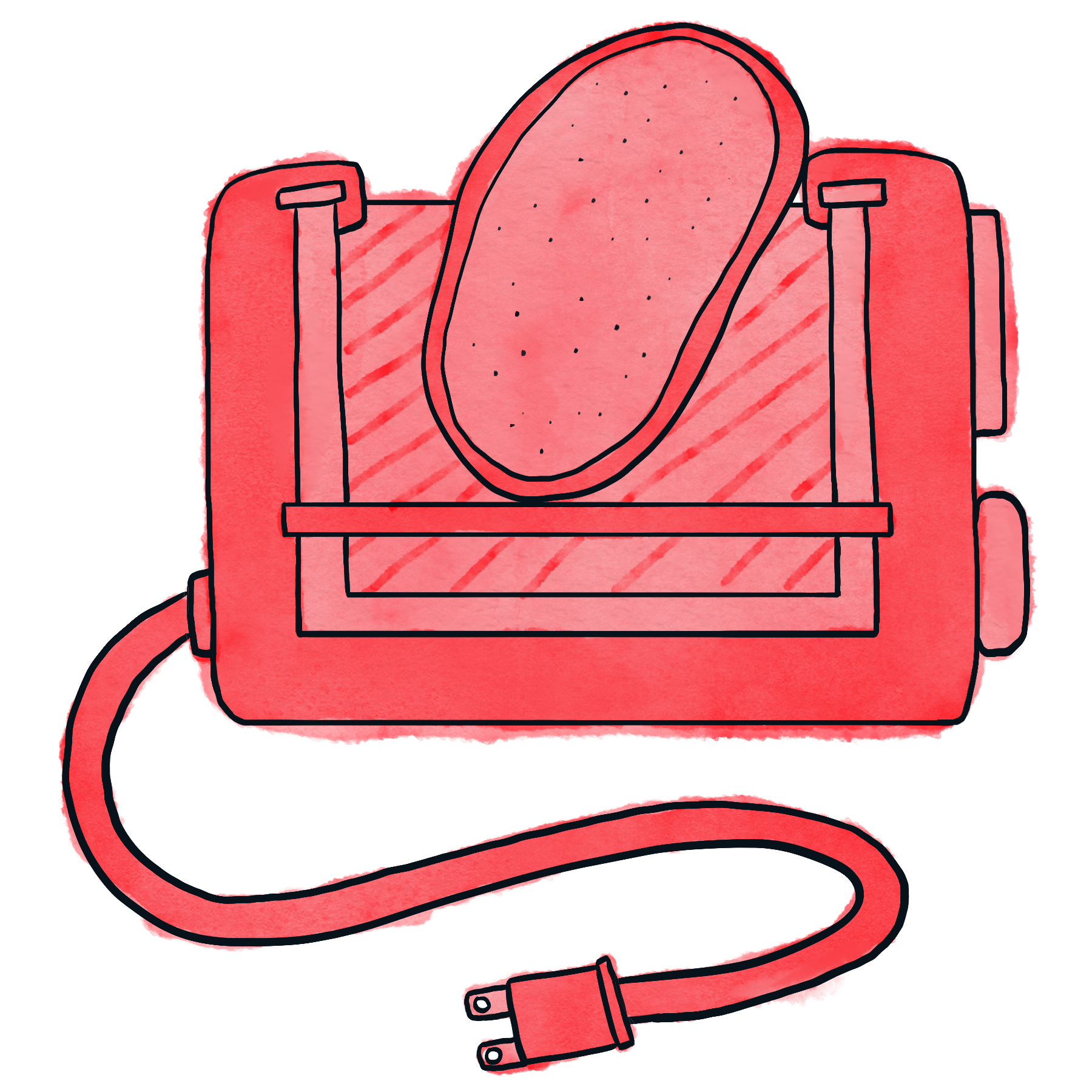Big Course: Year 3
And onwards we go!
Welcome to Year 3!
As always, we have two options:
Take the lessons live (as a seminar or webinar)
Get the recorded lessons every Sunday (via Thinkific) and go at your own pace
From our inbox
“...thank you for a beautiful year of learning in our home...
I was so happy to hear the silence of [my daughter’s] rapt attention devolving into one-sided giggles... well into the evening...
As an idealistic homeschool parent, I want my kiddos’ lives to be brimming with inspiration and passion for science and literature, art, history and all the et cetera. As a real-life human, resources are limited.
And so THANK YOU thank you for bringing the ideas and the wonder directly to them. Our lives are richer for the work that you do. ”
The six topics
Topic 13:
Toasters are Weird
Once upon a time, we learned to harness arcane magic — and we used it to build kitchen appliances
What exactly is going on when a toaster makes heat? Why are we able to do so many magical things just by sticking two metal prongs into the wall? What makes water come out of your sink if there aren’t any pumps in your house? And what can refrigerators tell us about the ultimate fate of the universe?
-
This is the sixty-first lesson of our Big Course. Along the way to the answer, you'll learn the origin of toasters, what electricity ACTUALLY is (kinda), why the inside of a toaster glows, and how much energy it takes to toast bread.
-
This is the sixty-second lesson of our Big Course. Along the way to the answer, you'll learn how your faucet works, where your water comes from, and the unexpected reason your sink sounds the way it does!
-
This is the sixty-third lesson of our Big Course. Along the way to the answer, you'll learn how your toilet flushes, what happens to your poop afterwards, and just how worried we should be about fixed amount of Earth's water.
(You'll also learn something about the promises of quantification, its peril, and how to fix that.)
-
This is the sixty-fourth lesson of our Big Course. Along the way to the answer, you'll learn what the rest of your kitchen thinks your refrigerator is, the impossible simplicity of how a fridge works, and what ACTUALLY happens when you turn a fan on.
-
This is the sixty-fifth lesson of our Big Course. Along the way to the answer, you'll learn what "the Force" really is, where motors come from, and how they work. (Um, motors, not the Force.)
Oh, also there's a cool bit in it about what a good scientific explanation consists of. Hint: "elves".
Topic 14:
Ice Cream is Weird
In which we learn to taste what we’re tasting
What makes ice cream different from cream-that-froze? You’ll learn about the chemistry of water, fat, sugar, and proteins and how they work together to make ice cream. You’ll use this knowledge to make a different kind of ice cream every week. Plus, we’ll tell you about the secret ingredient that’s vital for ice cream’s wonderful texture. You won’t find it by reading the label, even though it makes up more than 50% of the volume in some ice cream!
-
This is the sixty-sixth lesson of our Big Course. Along the way to the answer, you'll learn how a chemist, a physicist, and a chef each disagree as to what the "ingredients" of ice cream are, learn how to MAKE ice cream, and learn what ice cream actually... is!
(Oh, we also raise the question of "reductionism" — does science remove the wonder and awe from the world, or increase it?)
-
This is the sixty-seventh lesson of our Big Course. Along the way to the answer, you'll learn what makes sherbet different from both sorbet & premium ice cream, what "dairy" ACTUALLY is, what BUTTER actually is, and why, while we love fat, we sometimes don't want so much of it in our ice cream.
(Oh, and there's this thing that might change the way you think about McDonald's...)
-
How can you make ice cream less "icy"?
This is the sixty-eighth lesson of our Big Course. Along the way to the answer, you'll learn what "icy" ice cream really is, how to stop Ostwald ripening, how a guy named Clarence Birdseye reinvented food storage, and what we're talking about when we say something is "cold".
-
How can you make ice cream that IS NOT SWEET?
This is the sixty-ninth lesson of our Big Course. Along the way to the answer, you'll learn the secret reason we put sugar in ice cream, the crucial differences between different types of sugar, and (finally!) why we pour salt on ice.
-
How can you make the SMOOTHEST ice cream of all?
This is the seventieth lesson of our Big Course. Along the way to the answer, you'll learn the secret of frozen custard, where proteins & starches come from, and the one thing that connects like a quarter of the foods you eat.
Topic 15:
Mouths are Weird
In which we go AHHHHHH and pay attention
Your mouth is more than just another body part. It’s one of the most ancient body parts in the animal kingdom. Animals need to eat, and nearly all of them do it with their mouths. We’ll talk about the ancient tricks that helped us find food safely, and the newer tricks that helped us build civilization.
-
This is the seventy-first lesson of our Big Course. Along the way to the answer, you'll learn what your mouth really looks like, where all the parts originally came from... and what their original job was.
-
This is the seventy-second lesson of our Big Course. Along the way to the answer, you'll learn why those little bumpity things on your tongue AREN'T "taste buds", why you don't have five tastes, and why most of our tastes originally had nothing to do with food.
-
This is the seventy-third lesson of our Big Course. Along the way to the answer, you'll learn what a smell is, the real reason why no one will ever get a brain transplant (well, maybe), how you smell, and how "deliciousness" evolved.
-
This is the seventy-fourth lesson of our Big Course. Along the way to the answer, you'll learn what a word is, how your mouth might be cursed, and HOW TO SAVE A FLIPPIN' LIFE.
-
This is the seventy-fifth lesson of our Big Course. Along the way to the answer, you'll learn how you went from one cell to hundreds, why you're not a tumor, life's original superpower, and the two kinds of animal in the world. (If you stick around to the afterparty, you'll also learn where the three different kinds of twins come from.)
Topic 16:
Hills are Weird
In which we discover why the Earth is so bumpity
The Earth is weirdly not-flat. (No, not that kind of flat Earth.) So why do we still have hills? Shouldn’t they all have been smooshed flat by gravity or erosion or something? We’ll talk about the powerful forces that shape the terrain, preventing most of the world from being as flat as Florida.
Topic 17:
Viruses are Weird
In which we become quite unnerved
Viruses are the biological world’s equivalent of the monster from a horror movie. They subvert your cell’s machinery and use it to make more of themselves. Sometimes they lurk quietly in your DNA, just waiting for you to let your guard down. We’ll explain how they work, what you can do to protect yourself, and how they might save us all.
Topic 18:
Evolution is Weird
In which we figure out why we sometimes have nice things
You are a part of the ongoing and epic story of life on Earth. We’ll find some of that ancient story written in our own genes. We’ll find kinship, not just with our close relatives, but with everything from tulip trees to tuberculosis. We’ll ask: where did we come from, how did we get here, and where are we going?
Watch an open house
Year 3 FAQ
-
Probably! We design our lessons to link up together. That said, you could do the live lessons of this year AND blast through Year 1's recordings on your own.
-
In Year 1, we aimed for ages 8–15; in Year 2, we're aiming for 9–16.
But we have some kids older and younger than that, too. (Sometimes adults sign up for themselves!)
-
Usually a bit more than 90 minutes in total, broken up into 20–30 minute chunks.
-
For as long as your subscription lasts.
-
Usually just a notebook — we recommended a dotted one, like this or this. We'll let you know when you'll need additional materials (usually it's stuff lying around the house).
-
Actually, these are the same thing as the live webinar — just lightly edited for your viewing pleasure.
-
Quite a few: see our Discounts page.
-
We can try! See our “help us become a vendor” page.
-
Loads of people! See “Why You Might Hate Us.” (But remember our Ridiculous Guarantee.)
-
Feel free to use it with everyone in your family! (You don’t need to purchase it multiple times.)








